Corporate Tax Law for Real Estate
The real estate sector in the UAE is set to experience taxation similar to other corporate businesses. Starting on June 1, 2023, the UAE Ministry of Finance has introduced the federal corporate tax (CT) that will encompass various aspects of real estate operations, including development, management, agencies, brokerage, and construction. To prepare for this new tax regime, it is essential to understand the key details.
Corporate tax is levied on the taxable income of businesses. Taxable income refers to the amount left after deducting all expenses allowed by the tax laws. In the UAE, any commercial activity conducted on the mainland under a commercial or trade license is subject to corporate tax. Therefore, real estate businesses will be subjected to corporate tax, similar to other industries. It is important to note that the income generated from the real estate sector can come from various sources, and most of these incomes will be taxable under the new CT regime. The following are the applicable CT rates:
- 0% for income of AED 375,000 or less
- 9% for income of AED 375,000 or more
Individual Real Estate Tax
Individuals who invest in real estate in their personal capacity are not subject to corporate tax. Unlike businesses, individuals can generate income from real estate without the need for a trade license. Therefore, any income derived from real estate, such as capital gains from property sales or income from Real Estate Investment Trusts (REITs), remains untaxed.
Real Estate Investment Trusts (REITs) and Corporate Tax
Real Estate Investment Trusts (REITs) are commonly used by investors as a means of real estate investment. Corporations own, manage, or finance income-generating assets, including stores, apartments, and buildings. By investing in REITs, individuals can diversify their portfolios and earn a share of the rental income generated by these assets. Generally, individuals’ income from REITs is not taxable under UAE corporate tax law. However, the guidelines for corporations’ taxation on REITs are currently unclear.
Corporate Tax and Real Estate Building and Development
Corporations operating in the construction industry within the UAE are subject to corporate tax. However, corporations operating solely within free zones are exempt from CT. Corporations or agencies involved in brokerage, consulting services, building, and construction are also subject to corporate tax. The government also levies the corporate tax on real estate agencies that provide services related to sales, purchases, and planning.
Corporate Tax and Real Estate Transactions
Corporate tax does not apply to individuals involved in selling or purchasing real estate assets. However, a transfer tax is imposed on all real estate transactions, regardless of whether it involves individuals or corporations. In Dubai, the government levies a 4% transfer tax, which is divided equally between the buyer and seller. For corporations conducting business on the mainland, they must also pay corporate tax on the sale or purchase of properties. The tax rate and threshold remain the same as for other businesses.
Implications of Corporate Tax on Real Estate
The new corporate tax regime will enhance transparency in business operations in the region. This increased transparency will provide banks with better access to credit, thereby reducing the cost of capital for specific functions. Moreover, since there is no taxation on individuals, the demand for residential properties is expected to remain stable. As a result, builders can pass on their savings to customers through slight price adjustments.
However, the retail and industrial sectors might experience significant ramifications. Retail businesses, still recovering from the impacts of the COVID-19 pandemic, may face challenges in paying rent and maintaining profitability. This situation could lead to a decrease in demand for retail space and difficulties for mall owners in increasing rents. The new tax regime may also impact the availability of capital for industrial investments, potentially affecting long-term industrial space demand.
Key Takeaway
In line with other businesses, the real estate sector will be subject to corporate tax. The crucial point to remember is that if a business operates on the UAE mainland, it becomes liable for taxation. Conversely, businesses exclusively located within free zones are exempt from corporate tax. For corporations, any income derived from real estate activities is subject to taxation, while individuals without trade licenses are not taxed on their real estate income.






